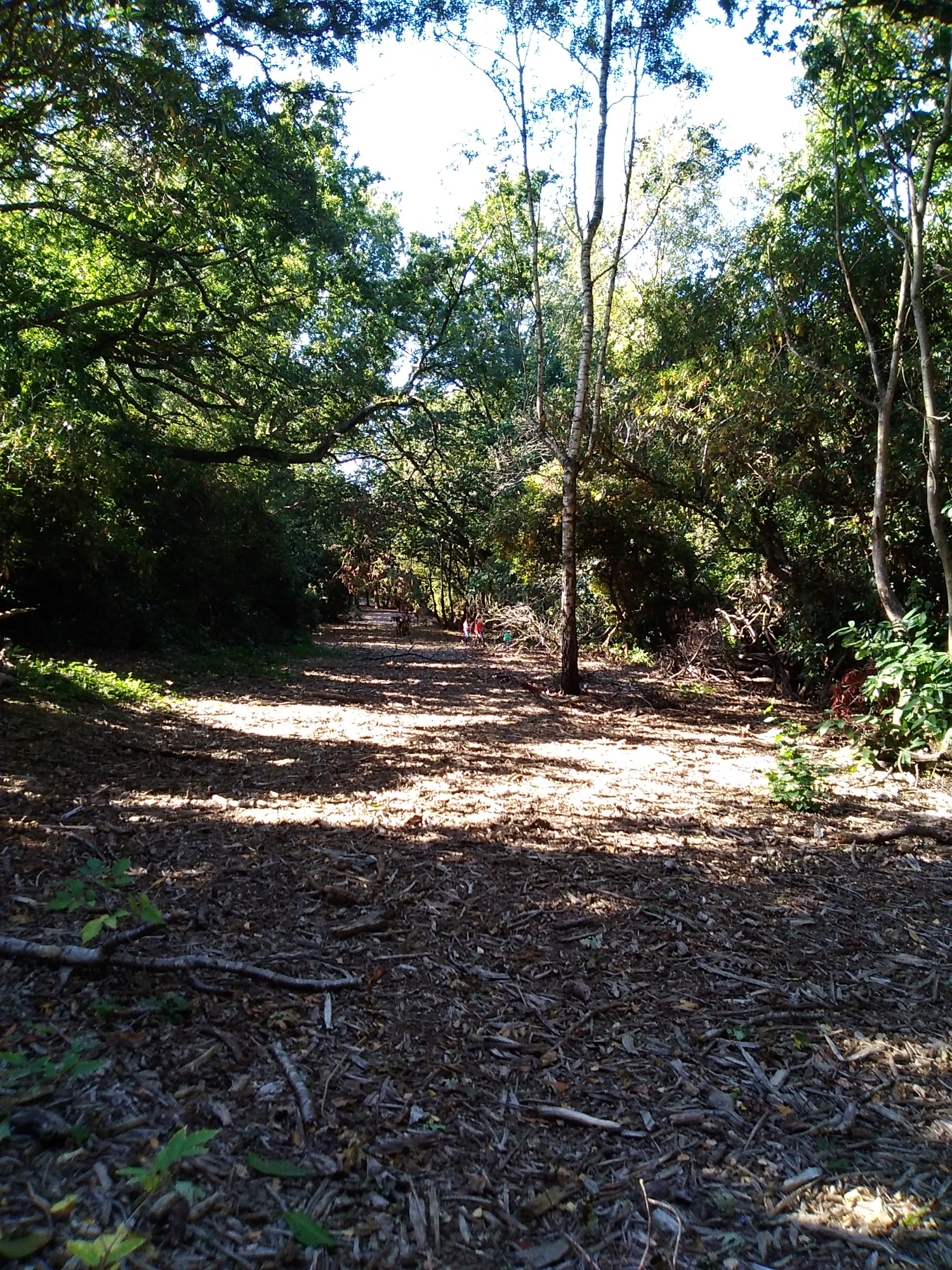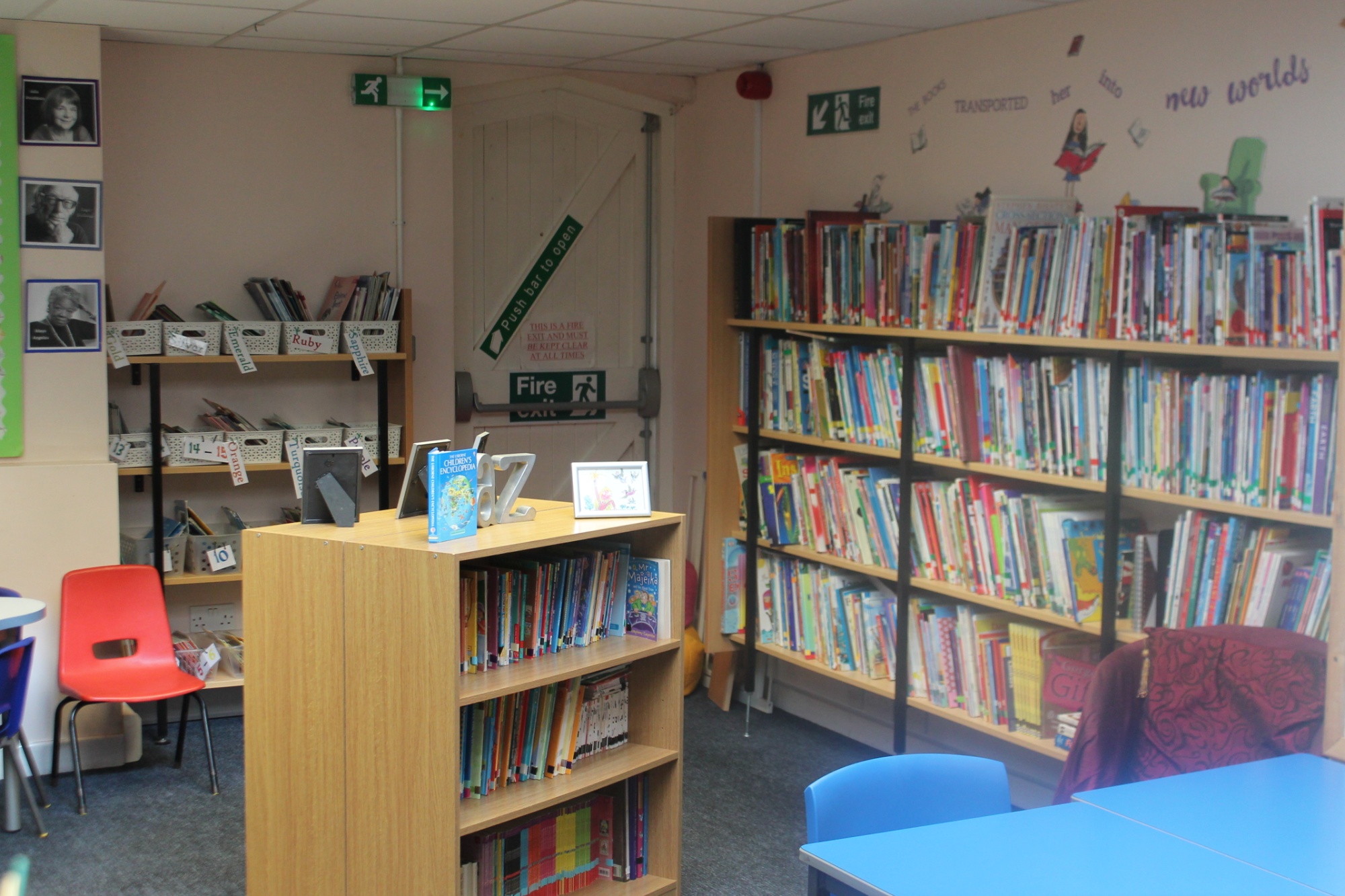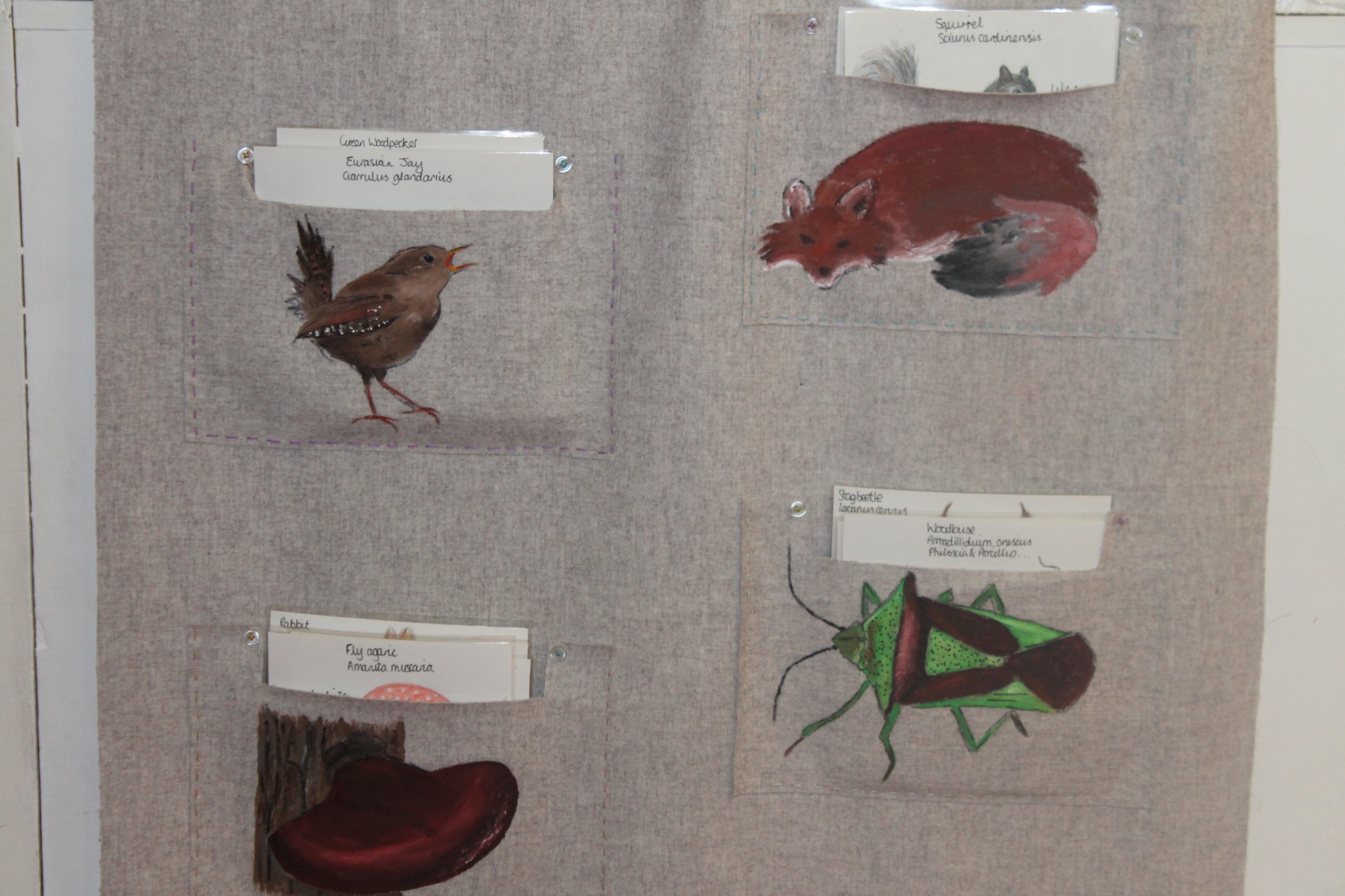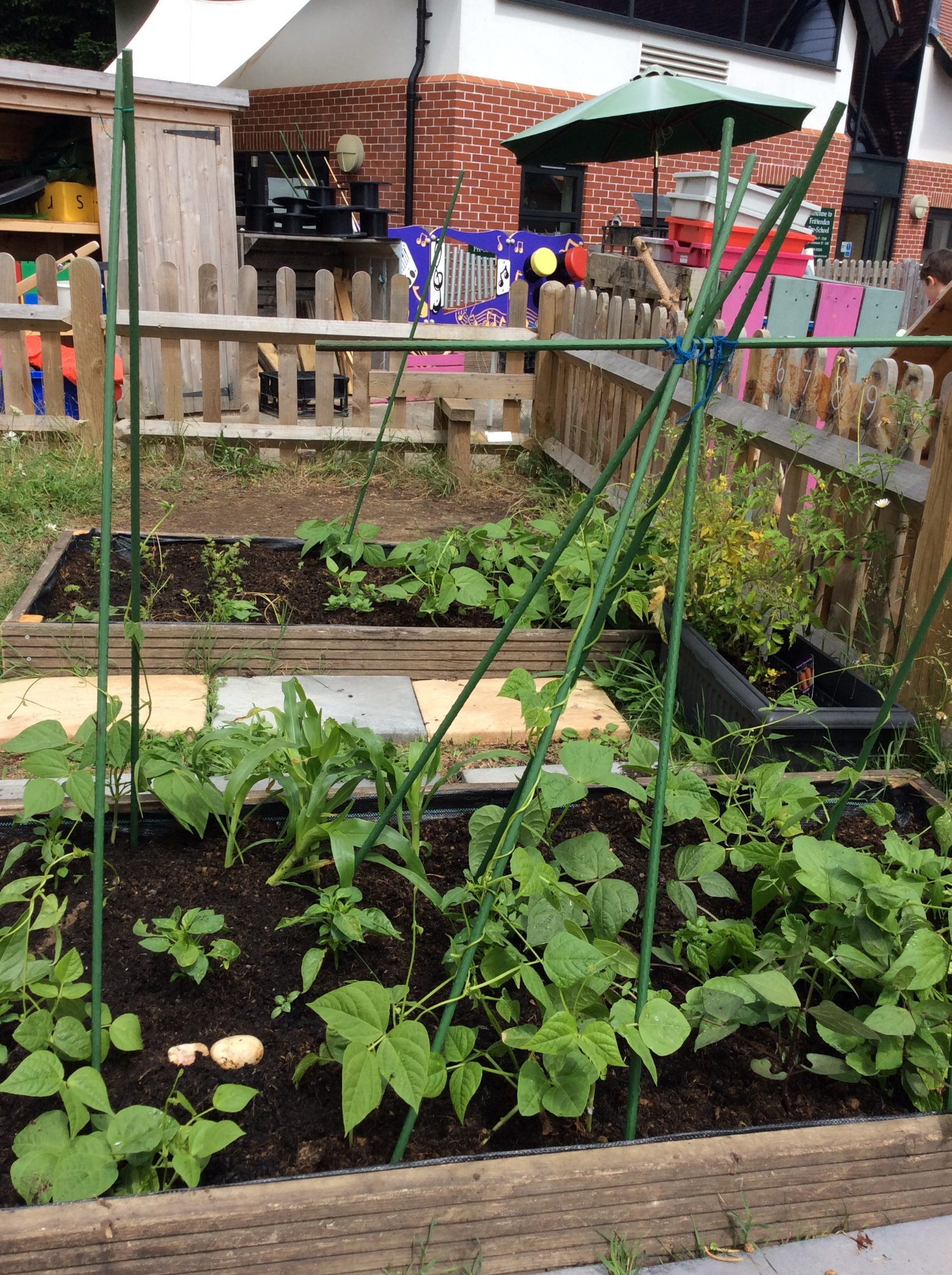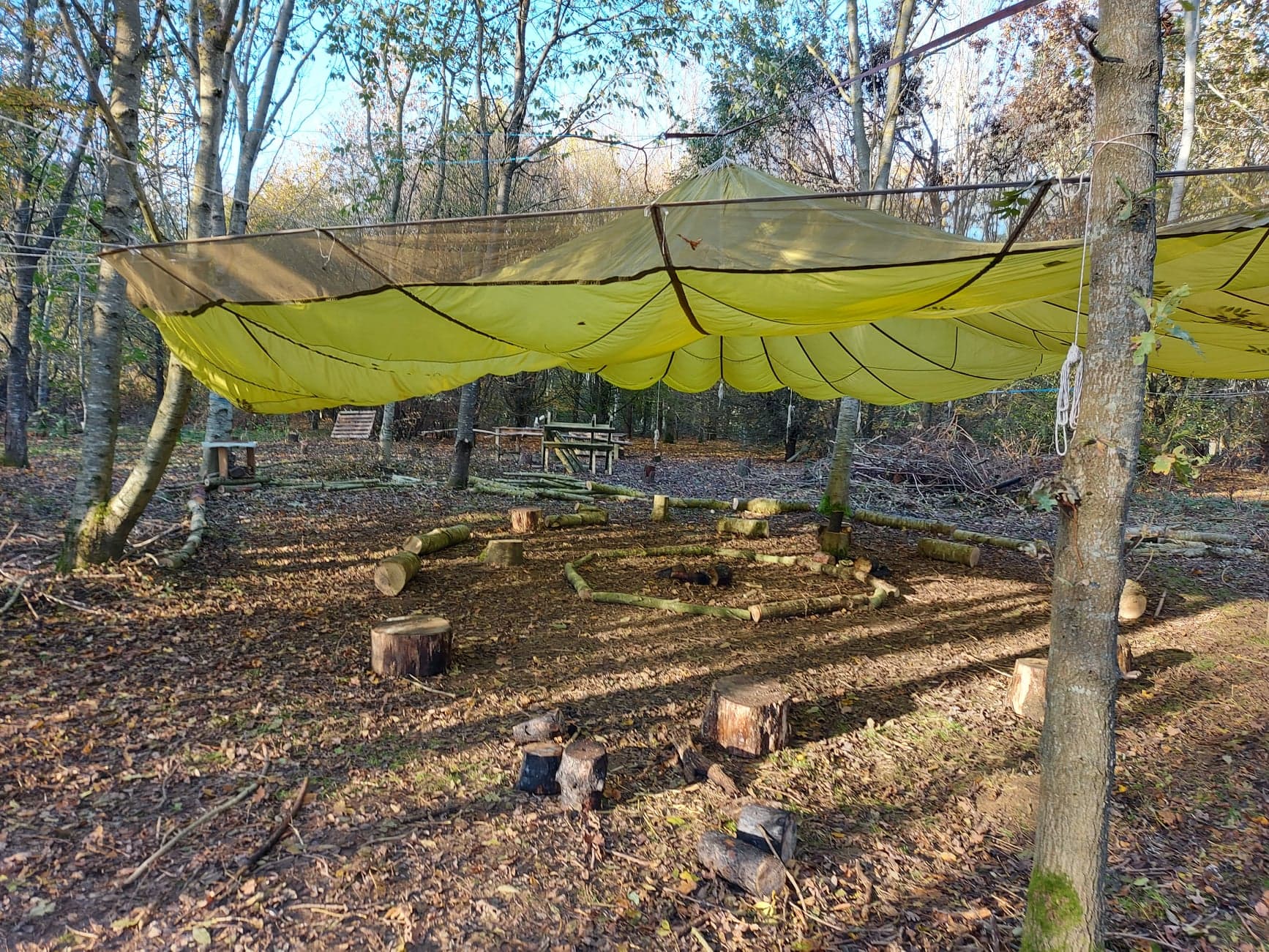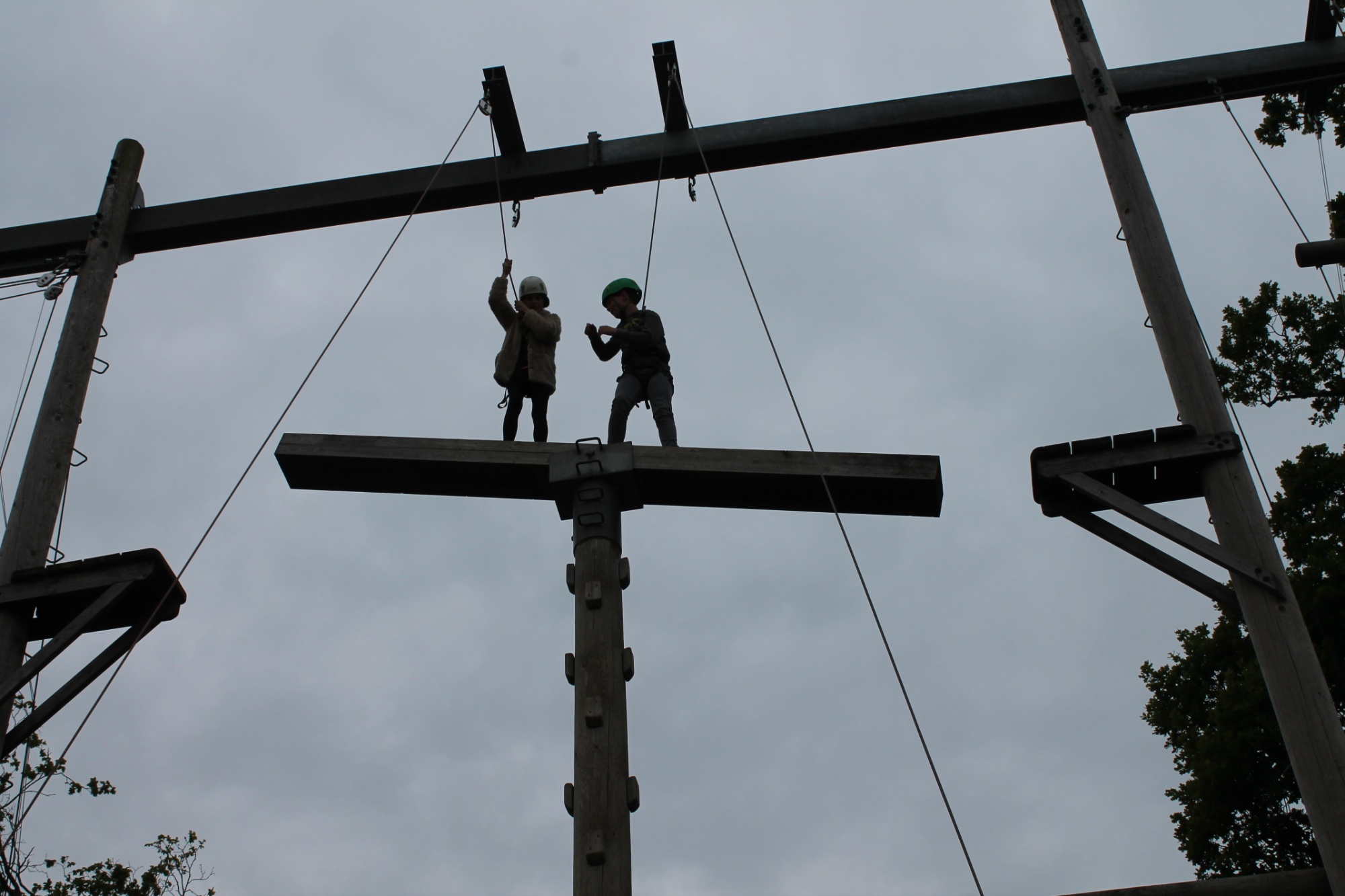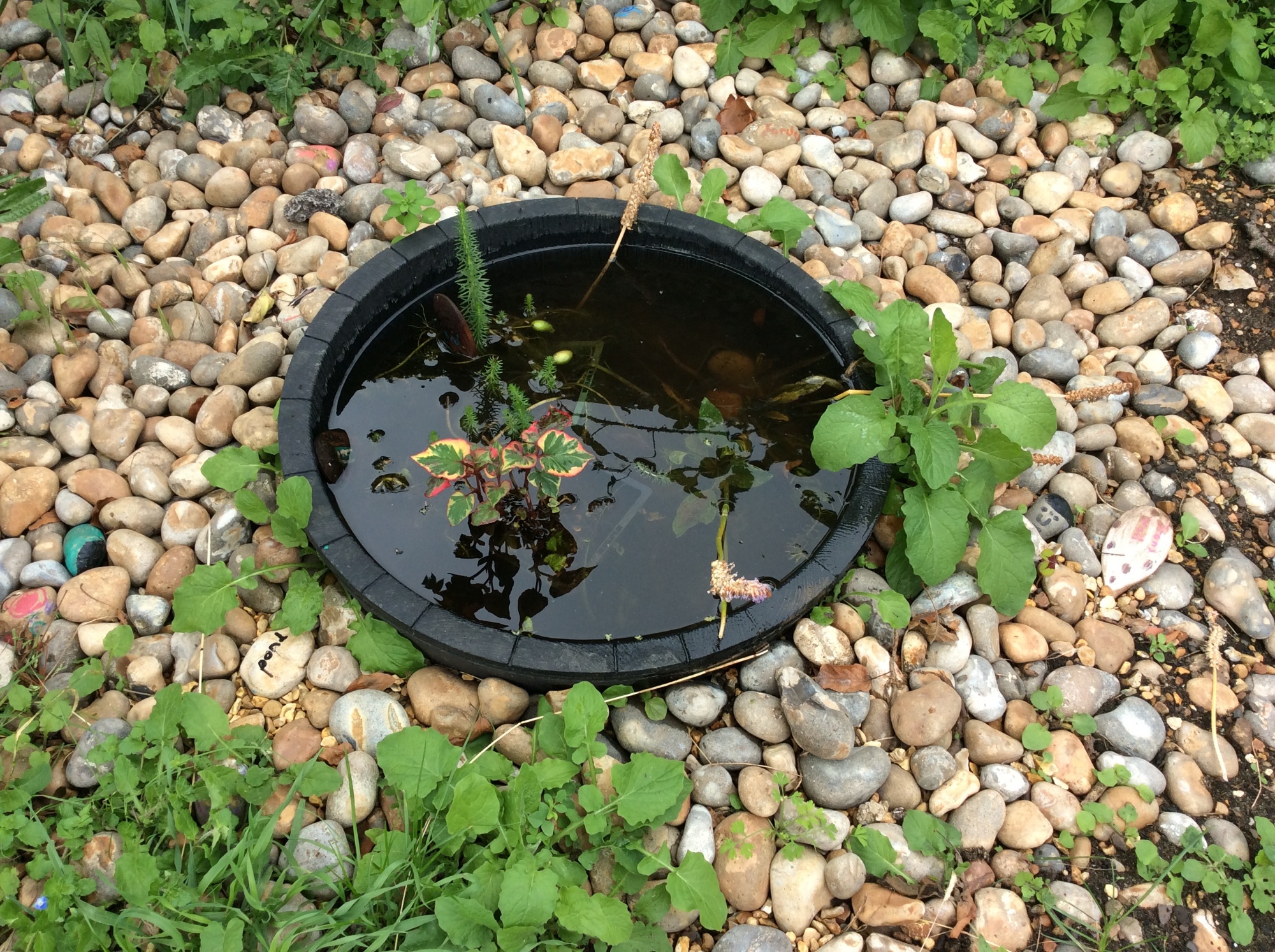Inclusion
Information about Special Educational Needs and Disability at Frittenden CEP School
At Frittenden CEP School, we are dedicated to inclusive education, striving to fully integrate all students while addressing their unique learning needs. We are committed to supporting your child's holistic development—socially, emotionally, and academically. If your child requires additional support in any specific area, we provide tailored guidance, whether in the classroom, small group settings, or through individual attention. This commitment is upheld through our practice of adaptive teaching and maintaining high standards of inclusive education, aligned with mainstream core standards. Below, you will find a glossary of the support services we offer, each explained to ensure transparency and understanding. While not every child may require these provisions, we ensure that all parents are informed and involved in our efforts to meet every student's needs effectively.
Contacts
If you have a concern about your child’s learning, then your child’s class teacher is the first person to talk to as they plan for ways to give support in class, whether that support be one-to-one or in a group.
You can also contact our SENCO Vikki Furr at [email protected] who works on a Wednesday and Thursday.
SEN&D information Policy
Please click here to view our SEN&D Information Policy
Useful links
Early Help provide services for families to help them to do well, stay safe and resolve problems at the earliest opportunity, before they become more serious. You can access these services locally at a time and place that suits you. You can find further information, including a parent leaflet, via the following link.
Dyslexia Action- Information about dyslexia services.
Please see the documents below to help support home learning:
What do we mean by Special Educational Needs?
Children have Special Educational Needs if they have a learning difficulty that calls for special educational provision to be made for them. They may have:
- a significantly greater difficulty in learning than the majority of children the same age;
- a disability that presents them from making full use of the educational facilities provided for children of the same school age.
They may have a difficulty with one or more of the following:
- Communication and Interaction
- Sensory or Physical.
- Cognition and Learning.
- Behavioural, Emotional and Social.
We know that children learn and develop in different ways so we use different teaching styles, resources and plan levels of work, along with many other approaches. This is called Quality First Teaching.
How do we identify children who need extra support?
We aim to keep the time between identifying where support is needed and responding with the right provision to a minimum. Home and pre-school visits help with early identification and enable us to plan for future provision. As well as this we liaise with parents, health professionals and early years settings to build a sound evidence base.
Once in school, your child will be assessed in a number of ways, including class observation by the teacher. From these assessments your child's teacher will be able to see what they are good at, where they need help and how best you can help at home.
What happens if your child is identified as needing support?
If your child needs support in one of the four areas mentioned, the class teacher, together with the SENCO will decide the type of level of support, which may change throughout their time at school. We will always keep you informed and a part of their process.
What does the SENCO do?
SENCO- Special Educational Needs Co-ordinator.
If your child needs support, the SENCO will:
- Ensure the right support is put in place together with the class teacher.
- Advise other teachers on how to help your child.
- Work closely with you regarding your child’s need and listen to any ideas or concerns you might have.
- Work with professionals (if necessary) who may be able to help your child.
What could the support look like?
The support could be within class, as part of small group or one to one help. The class teacher and SENCO will best assess which type and level of support is needed.
For your child this action will be enough to help them to overcome any difficulties and help them make good progress.
Sometimes, additional advice from outside specialists is needed, which could include advice from specialist teachers, educational psychologists, speech and language therapists or physiotherapists. In this case we work alongside parents and professionals to carry out further assessments and form and individual provision plan.
How do we identify children who need extra support?
We aim to keep the time between identifying where support is needed and responding with the right provision to a minimum. Home and pre-school visits help with early identification and enable us to plan for future provision. As well as this, we liaise with parents, health professional and early years setting (nurseries or pre-schools) to build a sound evidence base.
Once in school, your child will be assessed in a number of different ways, including class observation. From these assessments, your child’s teacher will be able to see what they are good at, where they need help and how best you can help at home.
What happens if your child is identified as needing support?
If your child needs support in one of the four areas mentioned, the class teacher, together with the SENCO will decide the type and level of support, which may change throughout their time at school. We will always keep you informed and part of the process.

